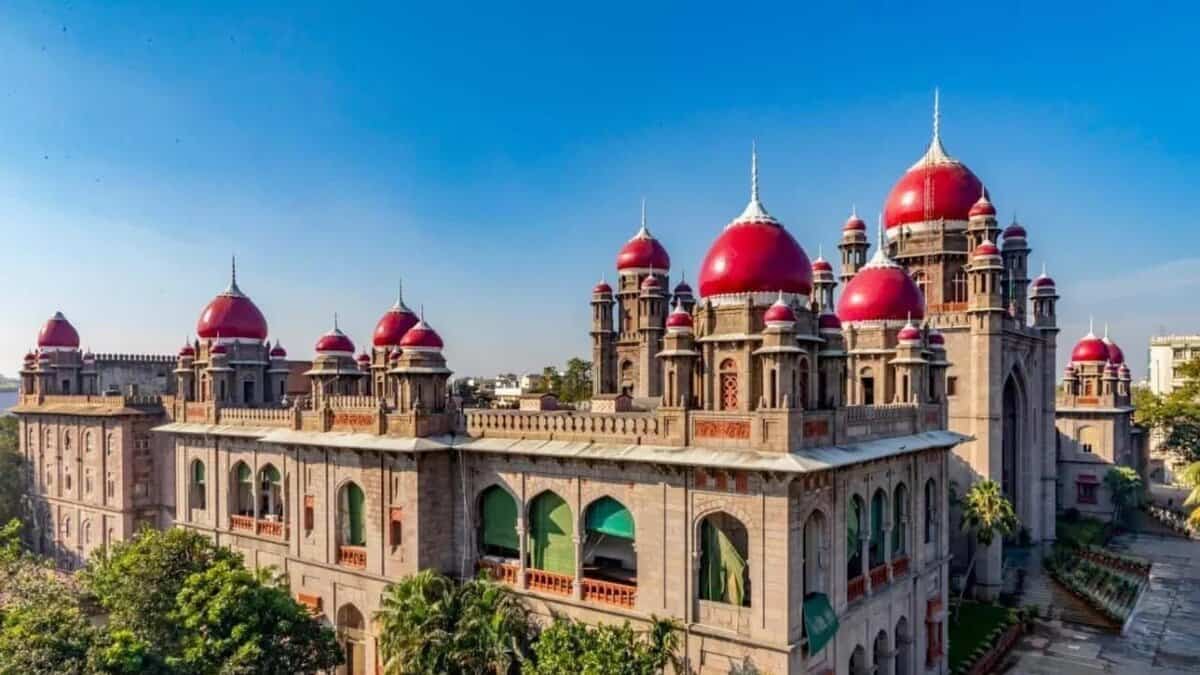
Hyderabad: The state government has been issued notices by the High Court on Tuesday, April 22, over the constitutional validity of the Telangana SC (Rationalisation of Reservations) Act, 2025.
The notice was issued after a writ petition was filed by assistant professor Kanukuntla Manga, who sought a declaration that the impugned Act is unconstitutional to the extent that it fails to exclude the ‘creamy layer’ among Scheduled Castes from the scope of reservations.
The Telangana High Court has directed the government to file counter affidavits within six weeks. The matter will be listed thereafter for further hearing.
On April 14, the state government issued an order regarding the implementation of the subcategorisation of scheduled castes after the approval of the Supreme Court.
What is SC Categorisation Act?
The Act aims to rationalise the existing 15 percent reservation for Scheduled Castes by categorising 59 SC sub-castes into three groups based on inter-se backwardness. Group 1 comprises 15 of the most disadvantaged communities, constituting 3.288 percent of the SC population, and is allocated a 1 percent reservation.
Group 2 includes 18 moderately benefited communities, forming 62.74 percent of the SC population, and is allotted 9 percent reservation. Group 3 consists of 26 relatively better-off communities, making up 33.963 percent of the SC population, and receives 5 percent reservation.
The Shamim Akhtar Commission, appointed in October 2024 following the Supreme Court’s landmark judgment on August 1, was tasked with studying socio-economic indicators across SC sub-castes.
The Commission received over 8,600 representations and conducted a detailed analysis of population distribution, literacy levels, higher education admissions, employment trends, financial aid, and political participation. After initial submission, its tenure was extended by a month to address concerns raised by several communities, ensuring that every voice was heard before finalising the report.

